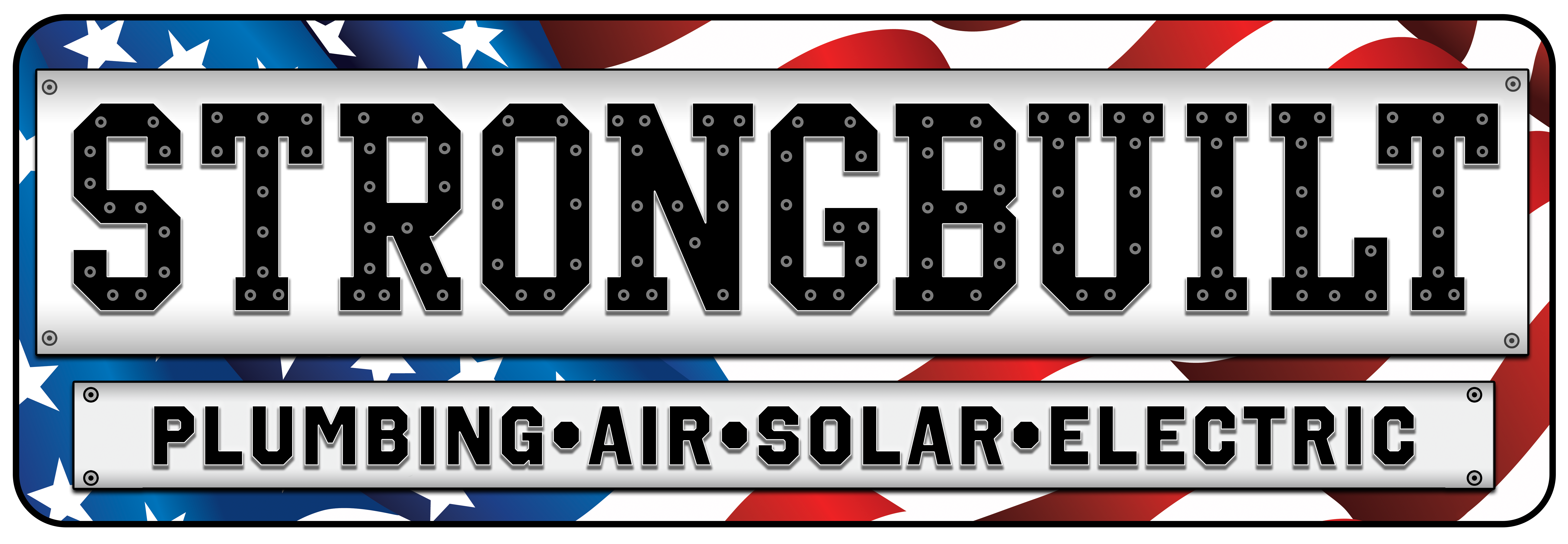Water Filtration in TUCSON, ALBUQUERQUE, AND ALL SURROUNDING AREAS
A common area of confusion for homeowners is the difference between water softeners and water filters. There are many types of each, and it can be hard to make sense of the wide range of options. Do you need a water softener or just a filter? Both? What are these, and what do they really do? How do you decide between a water softener vs filter for your home? Read on for our advice.
WATER SOFTENERS
A water softener system uses technology called ion exchange to remove hardness minerals, specifically calcium and magnesium. Inside the tank, there is a layer of resin which is made up of tiny plastic beads. These beads hold sodium or potassium ions, which are exchanged for the calcium and magnesium ions. You need sodium or potassium to soften water.
When there are high levels of hardness minerals in your water, it can cause a variety of problems throughout your home. Hard water can also affect your hair and skin. When combined with soap, it forms a curd which is difficult to rinse off. If you have hard water, a water softener will save you time and money and improve your quality of life.
REVERSE OSMOSIS FILTERS
Reverse osmosis systems are usually made up of several filters. Typically, it has 1 or 2 prefilters, which remove sediment, dirt and chlorine, and a postfilter, which removes unpleasant tastes and odors. The reverse osmosis membrane is after the prefilter and before the postfilter. Using pressure, water is forced through the semipermeable membrane, leaving almost all contaminants behind so only pure water is left.
While whole-house reverse osmosis systems are available, they are not necessarily the best option. They waste more water than other whole-house filtration systems, so they are typically installed at a point-of-use, like the kitchen sink.
DOES FILTERING WATER SOFTEN IT?
In the simplest terms, simply running your water through a filter won’t remove the atomically suspended minerals that make it hard. This is why there’s technically no such thing as a “salt-free water softener” or “hard water filter”. Reverse osmosis systems do soften water, but the process decreases the lifespan of the membrane. That’s why best practice is often to install a water softener before a reverse osmosis system, to protect the membrane when treating hard water.
WHOLE-HOUSE WATER FILTERS
The most common type of whole-house water filtration system has a filter media bed of activated carbon. This reduces a range of contaminants, including chlorine. By reducing chlorine, you protect your hair, skin and appliances from the damage it causes.
There are advanced filters that have additional properties such as bacteriostasis, or inhibiting the growth of bacteria. Some filters can also remove chloramines, which are a combination of chlorine and ammonia that some water districts use. Regular activated carbon doesn’t do a great job of removing these chemicals, so you need special filter media to do so.
Additionally, there are whole-house filters that target other specific contaminants, like iron. These are usually used for private well applications. If you have your own well, you should have it tested by a state-certified laboratory. This way, you’ll know exactly what harmful contaminants and impurities you need to worry about, and a water specialist can help you find the right treatment options.
Keep this specificity in mind when considering between a whole-house water softener vs a whole-house filter. Find a solution that fits your needs, or you could end up paying for a system that doesn’t even address your personal water problems.
WHICH IS BETTER? A WATER SOFTENER OR A WATER FILTER?
After learning the strengths and weaknesses of water softeners vs water filters, selecting between the two is simple. What does your home need? You should install a whole-house water softening system if:
- Showering leaves you with dry skin and hair
- Pipes and appliances are developing scale buildup
- Your water tastes “hard”
- A water test has confirmed high mineral content in your water with few chemical contaminants
- There are instances where a water softening system won’t solve your problems — this is where specialized filtration systems come into play.
Consider a water filter if:
- Your poor-tasting drinking water is confirmed as not hard
- Your municipality puts high levels of fluoride or chlorine into its water supply
- A water test has shown that your drinking water is filled with impurities, like pesticides or harmful chemicals
- You use private well water with iron, hydrogen sulfide or other contaminants
As mentioned, the best solution is often a combination of the two.
POINT-OF-USE VS WHOLE-HOUSE FILTERS
Whether you should invest in a whole-house system depends on your individual water problems. This also applies to choosing between a whole-house water softener vs a whole-house filter. If your water leaves no hard scale buildup and is fine for showering, but has a strange taste, you may consider installing just a point-of-use system at taps where you get drinking water. If your problem is hard water, however, remember that a whole-house solution does more than just protect your body. The same scale buildup you see on the mouths of faucets is happening inside appliances like dishwashers and water heaters. Whole-house water softening systems protect your family, and they also protect your home.
WHAT ABOUT BOTH?
DO I NEED A WATER SOFTENER AND A FILTER?
You don’t need to choose in the water softener vs filter fight. With Puronics, you can simply get a combined system. These have layers of different filter media and perform the functions of both a softener and a filter all in one unit. All Puronics water softeners are also water filters. They use enhanced filter media for advanced filtration. You can find out more by exploring our website.
The best way to find out what type of system is right for your family is to consult a water specialist. Find your local Authorized Dealer to schedule your free consultation. They’ll help guide you toward making the best choice based on your local water quality.





